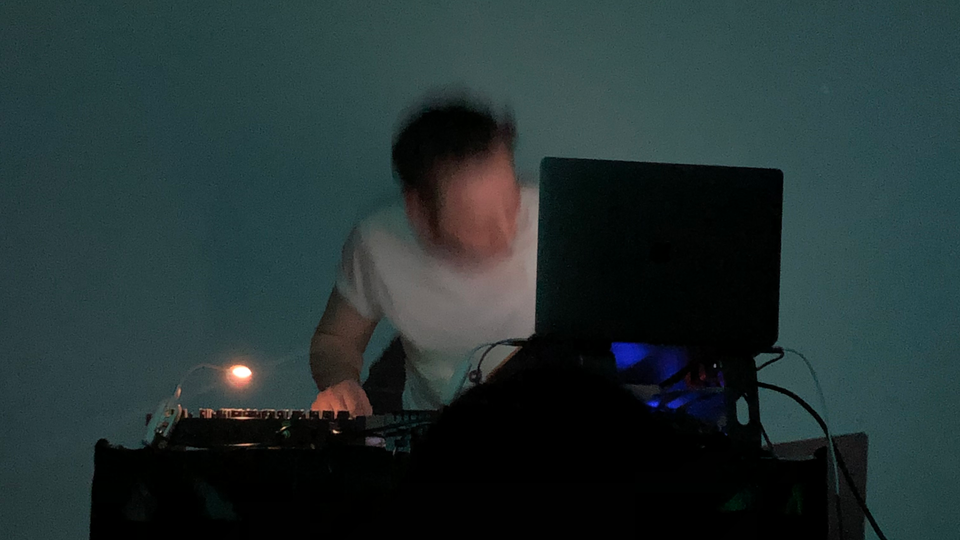About

I am Paul and this is my website, The Komoy Noise Research Unit. I am currently based in Manchester, UK. My pronouns are he/him.
I am one quarter of a band called 65daysofstatic. This is how I have spent most of the last two and a half decades and it has been great. I remain very invested in our plight.
I compose music myself too. If it is noise/sound art or soundtrack work then it might come out under my own name (Paul Wolinski), but when it is noisy bangers and synth melodrama then it is usually under the guise of Polinski. The most recent Polinski record is Telex From MIDI City which came out on Data Airlines at the beginning of 2023.
Adjacent to composing (although the lines grow ever-more blurry), I develop software, music systems, digital A/V art, noisy audio/game experiments and hard to categorise glitchy things at 65LABS and Studio Komoy. 65LABS is where 65daysofstatic's less conventional output lives. It often focuses on generative music systems. Our biggest recent project is Wreckage Systems, a realtime, endless broadcast of 65 distinct generative music systems. It should be online HERE. Studio Komoy is my own small studio where I am generally to be found exploring new experimental noise systems, playing minor chords on a synth, and/or breaking my computer. Both Studio Komoy and 65LABS advocate a strong anti-AI, pro-luddite approach to software development.
I work freelance on videos games, usually as composer, sound designer, UI programmer, or a fuzzy combination of all three. Most recently I composed for [NDA], wrote the main theme for Closed Hands, was the sound designer/composer for Dungeon Golf. I was also the UI Programmer on Recompile. There's more about all this on the Other Work page. Please do feel free to get in touch if you think that my noise systems/orchestral melodrama/sonic audacity/audio manipulation etc. etc. might be a good fit for your project.
I completed my PhD thesis Decomposition Theory: A practice-based study of popular music composition strategies in early 2020 at the University of Huddersfield. It looks at how bands and musicians who generally produce more conventional musical outputs could use generative music and audio-visual systems to rethink the forms in which they are able to compose and present music. Despite looking closely at various algorithmic techniques, it is implicitly critical of how so-called 'A.I.' is used in music composition, although if I'd known how the next few years were going to go I would have made that criticism more explicit and put it front and centre in my thesis. Oh well.
You can contact me by emailing (my first name)@65daysofstatic.com. The only social platforms I still use are Cohost! (RIP) / Instagram / Mastodon, although when I say use, what I really mean is lurk and hardly ever post anything.
